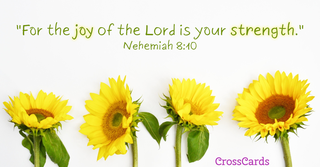
- Recent Translations
- All Translations
Neemia 8:13
Share
Settings
Neemia 8:13 Meaning and Commentary
And on the second day were gathered together
The second day of the month, and of the new year, the day after the feast of blowing of trumpets, and after the law had been read and explained:
the chief of the fathers of all the people:
heads of tribes and families: the priests and the Levites; who, though they were instructors of others, needed to be taught themselves, of which they were sensible: and therefore came
unto Ezra the scribe, even to understand the words of the law;
some things in it, which, upon reading the day before, they observed had some difficulty in them, and which they did not clearly and thoroughly understand; and therefore applied to Ezra, a ready scribe in the law, for better information, and that they might be better able to teach the people; which was highly commendable in them.
